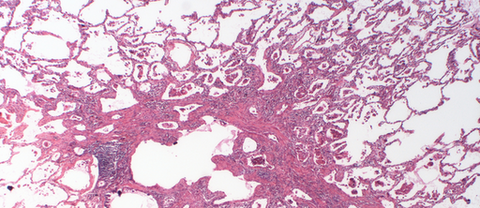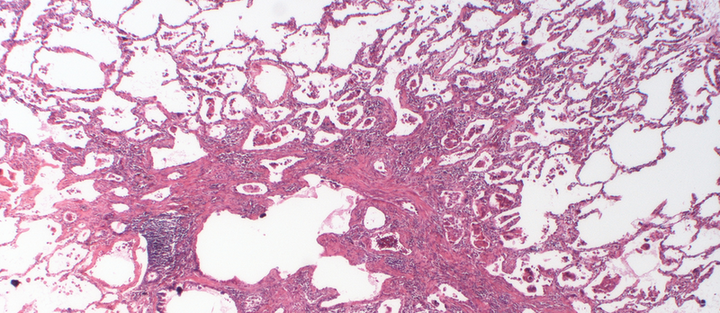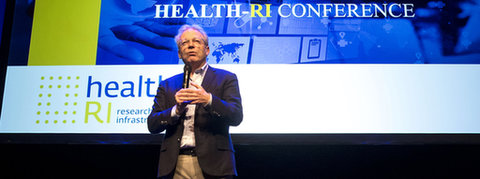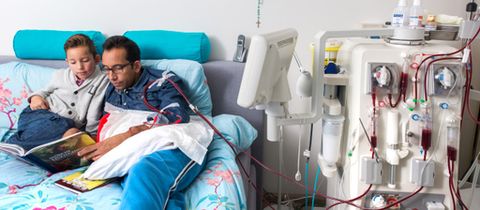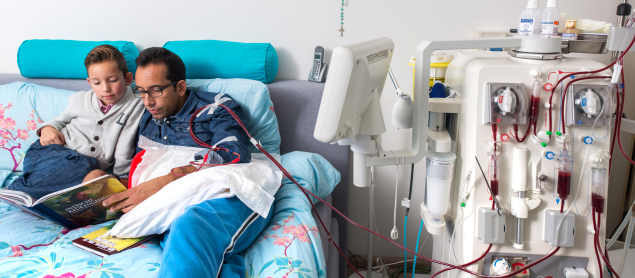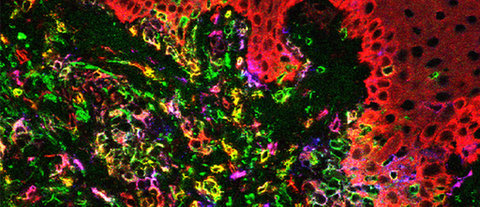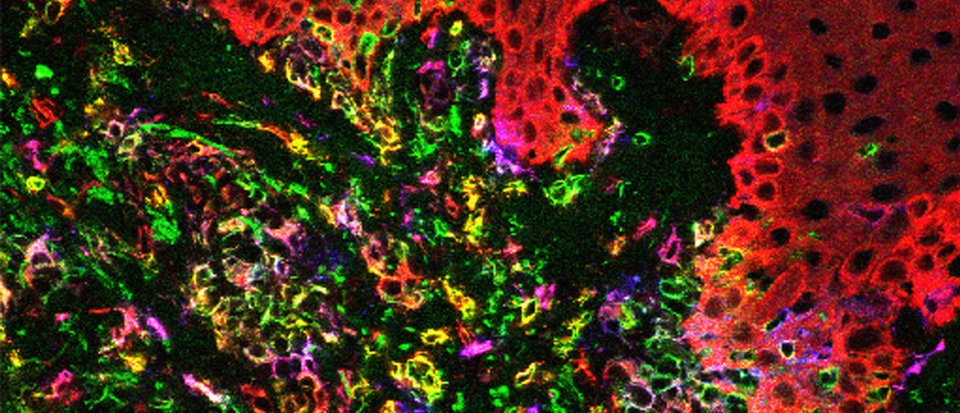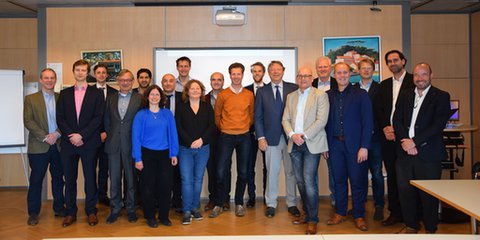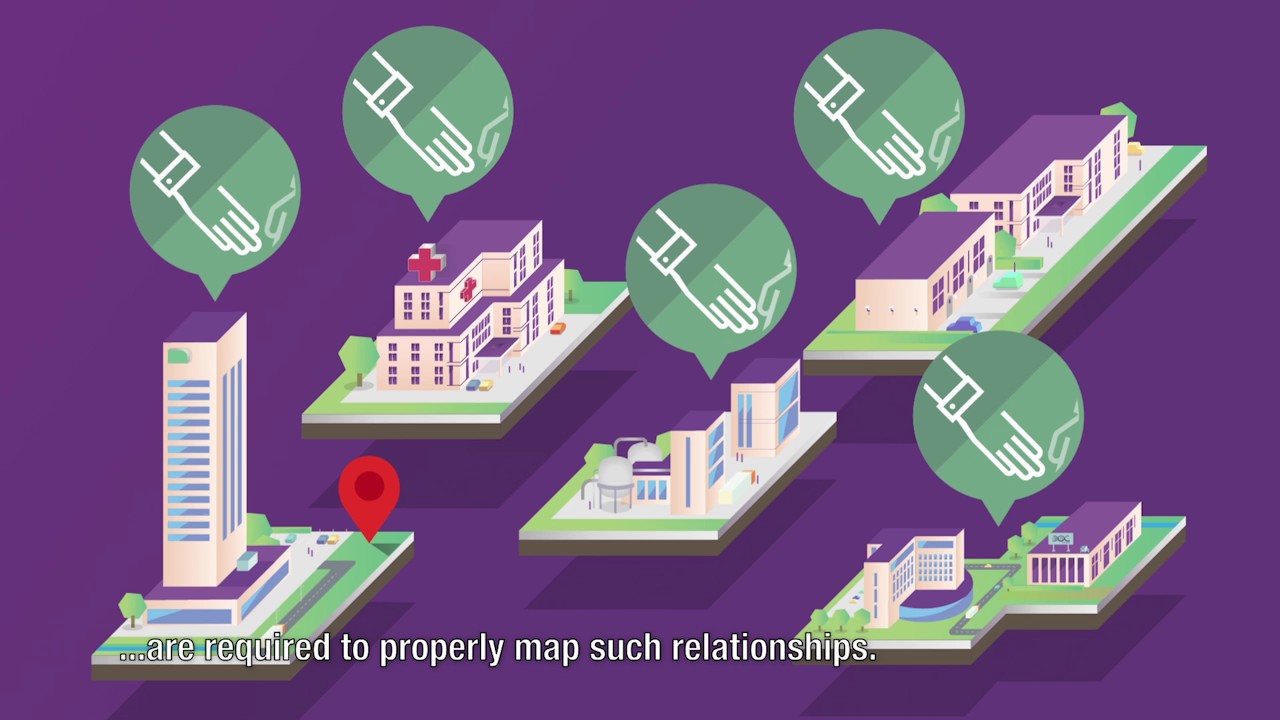First of all there was an official meet up of the health funds and the companies during the Get Together of Top Sector LSH in May 2016. Almost seventy companies were present and took the opportunity to present their innovative solutions to twenty different Dutch health foundations. Innovations varied from personalised medicine, to serious gaming for revalidation purposes and new diagnostic instruments for use at home. After this event many of the delegates stayed in contact with each other so see how collaboration can unravel.
The power of collaboration
Health foundations invest enthusiastically in public-private partnerships
Looking back at a successful collaborative year.
Health funds' participation in PPPs has risen dramatically, a development that has been assisted by the Ministry of Economic Affairs' incentive policy via the PPP-Allowance (former TKI-Allowance). In the Top Sector LSH, health funds, knowledge institutions, the business community and the government cooperate in finding innovative solutions for serious healthcare challenges that affect society, such as cancer, diabetes, and heart and kidney failure. The top institutes for oncology and regenerative medicine (RegMed XB), the plans for which were announced in 2016, are examples that distinguish themselves in terms of focus, mass and impact. By jointly investing in knowledge and innovation, these institutions are working towards the accelerated development of new treatment methods and solutions for patients. The collaborations and meet ups between these relatively new parties are continuing apace.
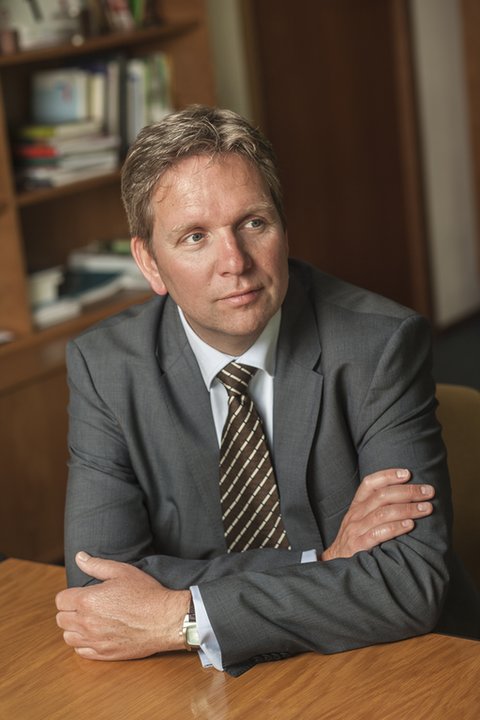
Tom Oostrom, director of SGF: "We need to work together with industry if we take our promise to patients and financial donors, to improve healthcare, seriously."
Overall, these new partnerships of funds, knowledge institutions and companies have already brought the sector a lot. This is because not only the health foundations support the large overarching PPPs, but funds are also created for new calls that researchers and companies can submit proposals to. By the end of 2016, more than 30 PPP projects had been realised with the help of the SGF and Top Sector LSH and the PPP-Allowance generated. The scope of these projects ranges from 150,000 euros to 5 million euros. With mostly SMEs and a few large and international companies this is a superb reflection of the Dutch LSH sector and the diversity of the Dutch health foundations.
In the coming months and years the results of these new projects will become public and will probably be incorporated in our healthcare. However, you can already get a glimpse of some projects by reading the publications of the Dutch Cancer Society, the Dutch Heart Foundation, or and example of the AIDS Foundation.
Collaboration on drug discovery at the European Lead Factory
The European Lead Factory is a collaborative public-private partnership, funded by IMI, delivering innovative drug discovery starting points. The project, which is supported by Lygature, is open to researchers from academia, SMEs and patient organisations, to accelerate their medical research and develop new medicines.
In 2016, in the fourth year of the project, the EU Lead Factory booked some great results. For instance, the public-private partnership resulted in the production of more than 130,000 novel compounds for the screening collection, adding to the 330,000 compounds that were made available by participating private pharmaceutical companies. With these unique resources, the European Lead Factory aims to facilitate breakthroughs in drug discovery to satisfy unmet medical and societal needs. Also in 2016, the first start-up company, ScandiCure AB, has been founded based on the results of an EU Lead Factory target programme. This spin-off is now preparing the next steps in developing new treatments for diabetes.
Another great progress is the collaboration of EU Lead Factory in the area of neglected diseases. The EU Lead Factory lowered the hurdles for non-profit drug discovery programmes in the area of neglected tropical diseases. For drug target programmes relating to the pathogens on the WHO list of neglected tropical diseases, clinical or diagnostic milestone payments will be waived, thereby freeing charities and other organizations from financial burden in their pursuit of new therapies for patients in the world’s least developed countries. Together with the PDE4NPD project, also supported by Lygature, the EU Lead Factory will give a boost to discovering new drugs for neglected tropical diseases, such as African sleeping sickness and Chagas disease.

The launch of a National Health Research Infrastructure (Health RI)
Personalized Medicine and Health research can be empowered by collaboration on research data infrastructure. With this idea in mind the Health-RI initiative was launched by a number of organisations: the Dutch large infrastructures (BBMRI-NL, ELIXIR-NL, EATRIS-NL), the Dutch University Medical Centers (gathered in the Netherlands Federation of UMCs, NFU), DTL, Lygature and Health~Holland.
Scientific breakthroughs and technological innovations create opportunities to make healthcare more efficient by tailoring treatment and prevention to the individual patient, personalized medicine. However, it often takes long before these innovations reach clinical practice. A major obstacle is the lack of an efficient national research infrastructure for health research. Health-RI aims to create a sustainable solution to this problem. In 2016 already 76 organisations, including 12 companies, have expressed their support for this platform. The initiative is in line with the Dutch National Research agenda, that puts research infrastructures high on the agenda.
On 1 December 2016 over 250 (inter) national professionals joined the first Health-RI conference to determine the course for this initiative. Read the full report of the meeting on the Health RI website. Of this successful meeting we draw an important conclusion: the spirit is good, and many partners want to work together to make this initiative a great success.
For more information about Health-RI, have a look at the animation video down below.
Looking back at the HHINT Starter Programme
With Jos de Wolf from MyDiagnostick Medical.
From National Innovation Icons to International Stars, the Health~Holland International (HHINT) Starter Programme supports and accelerates Dutch innovative Life Sciences & Health (LSH) start-ups and SMEs in their pursuit to enter new markets across border. In 2016, a total of 18 healthcare entrepreneurs started the programme. Through individual guidance, better insights in healthcare stakeholders, market opportunities, valuable (inter)national connections and various workshops by the Task Force Health Care (TFHC) the participants are supported and accelerated in entering new markets. For several entrepreneurs this hands-on support and exchange of contacts and experiences have already led to concrete and successful business cases.
For example, HHINT participant Jos de Wolf. He started in October 2015 as Commercial Director at MyDiagnostick Medical with close to zero experience in international business. In March 2016 he got selected for the HHINT programme with their solution in detection & diagnosis of Atrial Fibrillation which won the STZ innovation Award later that year. “I found it very helpful to exchange knowledge, experiences and business contacts with other Dutch entrepreneurs” Jos de Wolf says. “Common sense goes a long way, but being a starter it is nice to receive confirmation of the fact that you are heading in the right direction – or the opposite. Discussing my international ambitions and activities with my HHINT coach made me think critically about my next steps. Various suggested network contacts and instruments suggested by my HHINT coach turned out to be very valuable. And the label you carry as a selected HHINT participant helped me in securing additional attention and support. I even used it in my story towards new investors.” MyDiagnostick Medical has already experienced multiple successes since the start of the HHINT programme in March last year. They successfully applied for product registration in Australia. After an insightful business partner scan provide by the Dutch Embassy in Canberra, Jos de Wolf signed an agreement with a local Australian partner months later at the Holland Pavilion at Medica in November last year. After receiving the first order, Jos de Wolf can truly say that MyDiagnostick Medical successfully entered the Australian market. Next to coaching and valuable introductions, the financial compensation received from the HHINT programme for several steps of the process made it easier for MyDiagnostick to pursue the business opportunity on the other side of the world. Jos de Wolf: “I can only recommend the HHINT programme to fellow start-ups and SMEs with international ambitions. It really helps to grow your network faster and provides you access to valuable information and insights related to international business development. However, I have also learned that to be successful in international business development you have to be pro-active, be patience as some processes take longer that you think, exposing yourself and that learning-by-doing is an important part.”
In order to further increase the innovation output of the Dutch Life Sciences & Health sector, the TFHC will continue to support and accelerate the international market entry of Dutch start-ups and entrepreneurs. If you are interested to participate, please contact us through HHINT@tfhc.nl to send you more information on the terms of registration.
